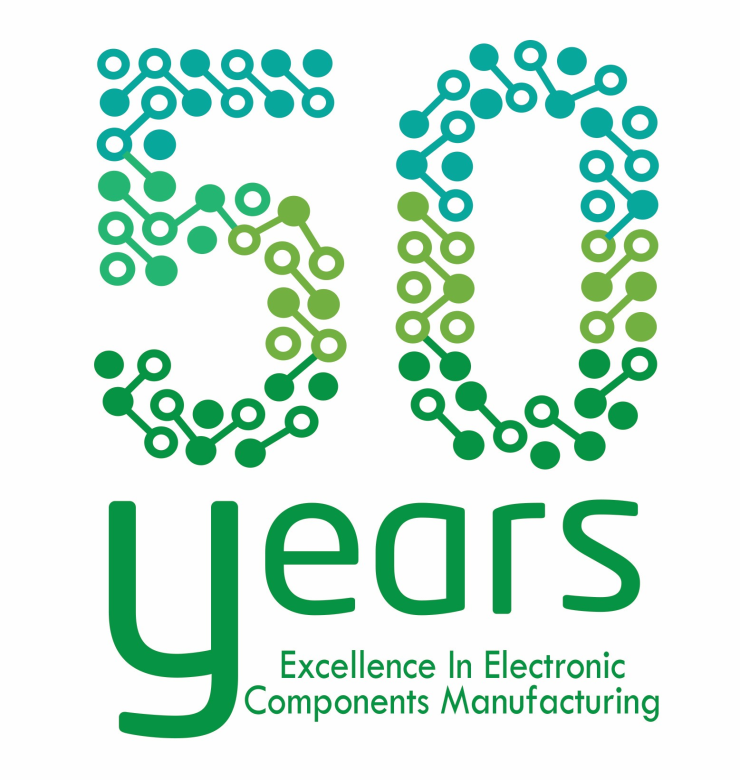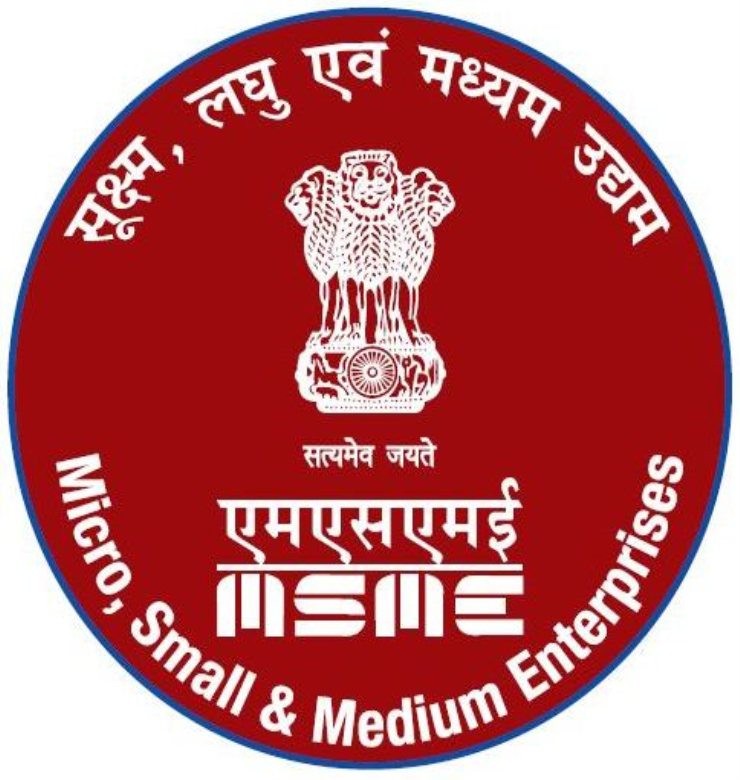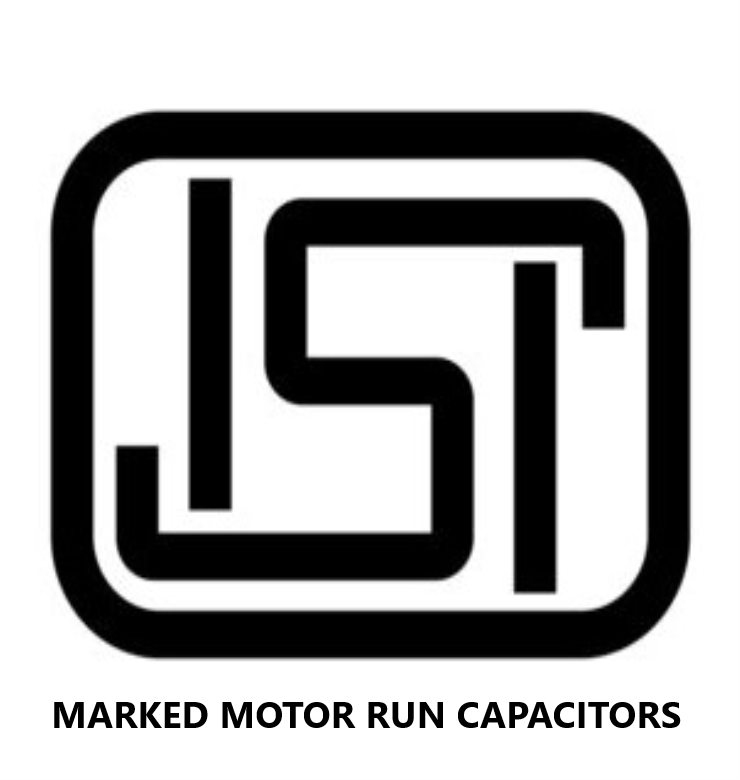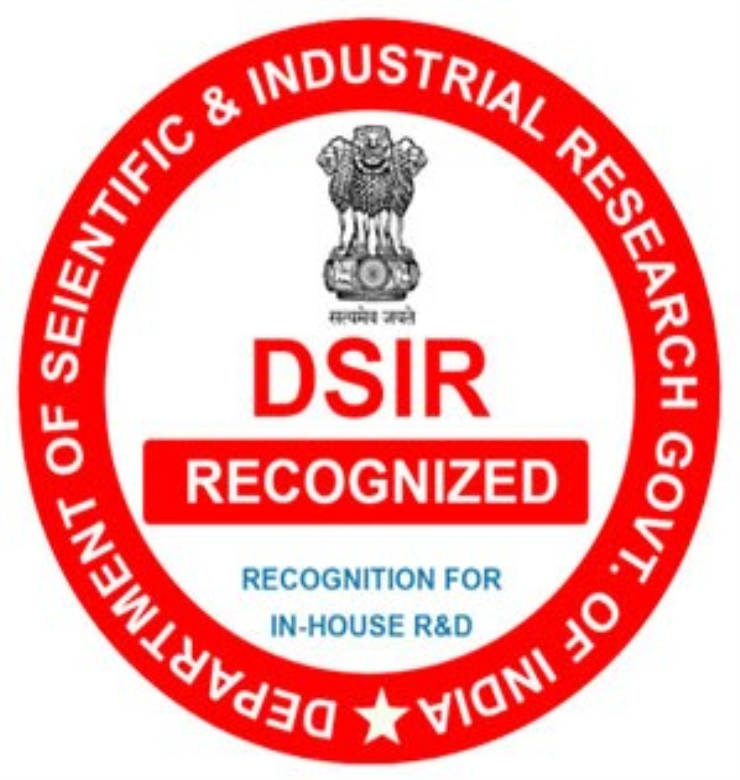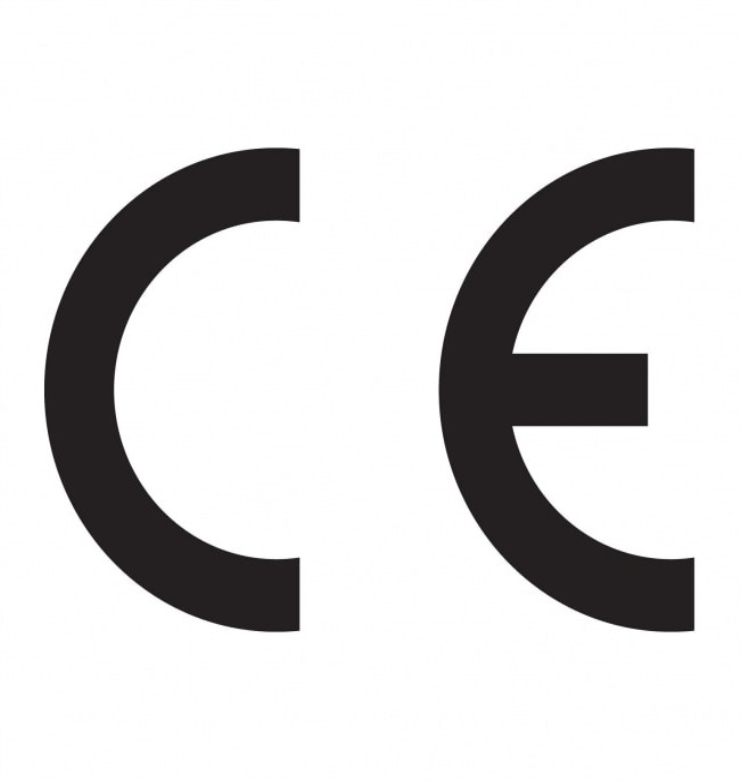-
India's First and the Largest State Electronics Components Manufacturer
The Supercapacitor has many advantages in applications with a high-power density, and many charge/discharge cycles or a longer life are required. SCs are used in wind turbines, mobile base stations, electronic devices, and different industrial practices. In addition, they have started to be used in UPS, electric vehicles, and various power electronics applications, thanks to their superiority over lead-acid batteries. In recent years, SCs have been used as an energy storage device for voltage stability in renewable and hybrid energy storage systems to regulate the source and grid. SCs can stabilize the power supply in applications with fluctuating loads. SCs deliver power for flashes, which can be charged quickly, and portable speakers.
One of the earliest supercapacitor applications was as a backup to primary batteries in order to bridge brief power interruptions or to smooth electrical flow. In this still widely used role, supercapacitors can be found in uninterruptable power supplies (UPSs), wireless alarm systems, smart meters, and even solid-state drives (SSDs). Supercapacitors are also widely used to provide power in pulse applications, telemetry, peak power assist and electronic locks. Additionally, many engineers turn to supercapacitor technology as the best way to start backup generators during power outages and provide power until the switch-over gets up to full speed. In Japan, large supercapacitors are frequently installed in commercial buildings to reduce grid consumption at peak demand times and to ease loading.
Energy storage systems play an important role in a diverse range of Industrial Applications as either bulk energy storage or distributed transient energy buffer. Specific energy, specific power, life time, transient response, reliability and safety are among the main criteria when picking energy storage. Supercapacitor is a promising energy storage device owing to its desirable merits including high power density, low internal resistance, wide operating temperature, high efficiency and high degree of recyclability.
Major industrial Applications are,
- Electric and Hybrid Vehicles: Primary challenge of all Transport is reducing energy consumption and CO emission. Recovery of braking energy (recuperation or regeneration) helps with both and this is possible with supercapacitors as it can quickly store and release energy over long time with a high cycle rate. The supercapacitor can capture the braking energy of a full stop and deliver the peak current for starting and acceleration of the engine.
- Hybrid Energy Storage: Hybrid storage systems combine more than one energy storage devices with complementary characteristics, especially in terms of energy and power to achieve performance improvement and size reduction in comparison to the standalone usage. SCs, owing to their fast response and extremely long life span, are an ideal complement to high energy but slow response energy storage devices such as fuel cells and rechargeable batteries.
- Renewables Integration: There exists considerable frequency and voltage fluctuations when integrating renewable energy systems as a consequence of the intermittent nature of many renewable energy sources. A wind turbine generator with SC as energy storage can mitigate the impact of the intermittency associated with the renewable energy source.
- Uninterrupted power supplies (UPS): A combination of rechargeable Batteries and SC for UPS energy storage is utilised where SCs are used to suppress the peak power applied to the batteries during back up time and offer full power delivery short time grid outages.
- Power Electronics: SC can provide an alternative in power electronics converter applications where the high capacitance can reduce the size of the energy back up unit leading to power rating increase and or cost reduction.
- Other Industrial Applications: SCs are also a good choice as energy buffer for Adjustable Variable Drive(AVD) and other industrial applications.
- Radar peak power Support: The main difficulty when trying to implement a radar payload on a low power bus is the large ratio between peak power and average power consumption. The high peak power requirement here leads to battery over sizing. Association of a supercapacitor to a small battery can result in an optimum power level saving considerable battery space as well as energy.
- Voltage Stabilizer: Supercapacitors can stabilize voltage fluctuations for power lines by acting as dampeners.
- Military Applications: Supercapacitors low internal resistance supports applications that require short term high currents. Supercapacitor buffer the battery handling short current peaks, reducing cycling and extending battery life. Key military applications are in phased array radar antenna, laser power supplies, Military radio communication etc.
- Space Vehicle Systems: Potential uses might include operation of high-power satellite radar systems, to stabilize overall onboard power during solar eclipses or other such events. While traditional batteries store electric energy on a chemistry basis, supercapacitors do so on the basis of physics. A supercapacitor design able to provide brief bursts of very high-power levels to space missions as required has been developed and tested.
- Other Important application: Other Important applications include Smart energy meters including RF modules, Possible replacement of two-wheeler batteries, Powering of underwater sonar meters, VV PAT machines, triggering of explosives, Actuator drives etc. Supercapacitors also support computer RAM when the equipment is disconnected from its supply.


